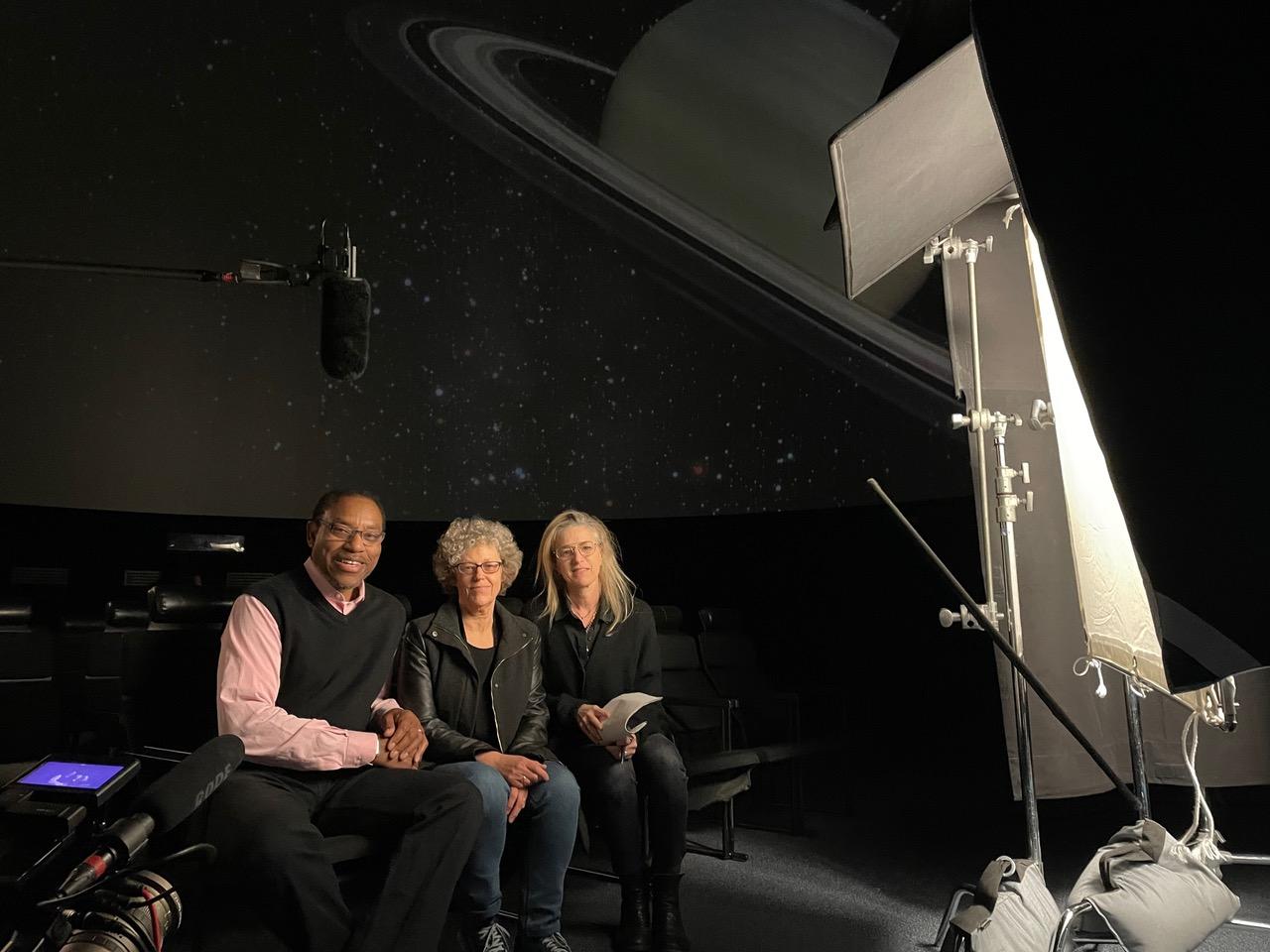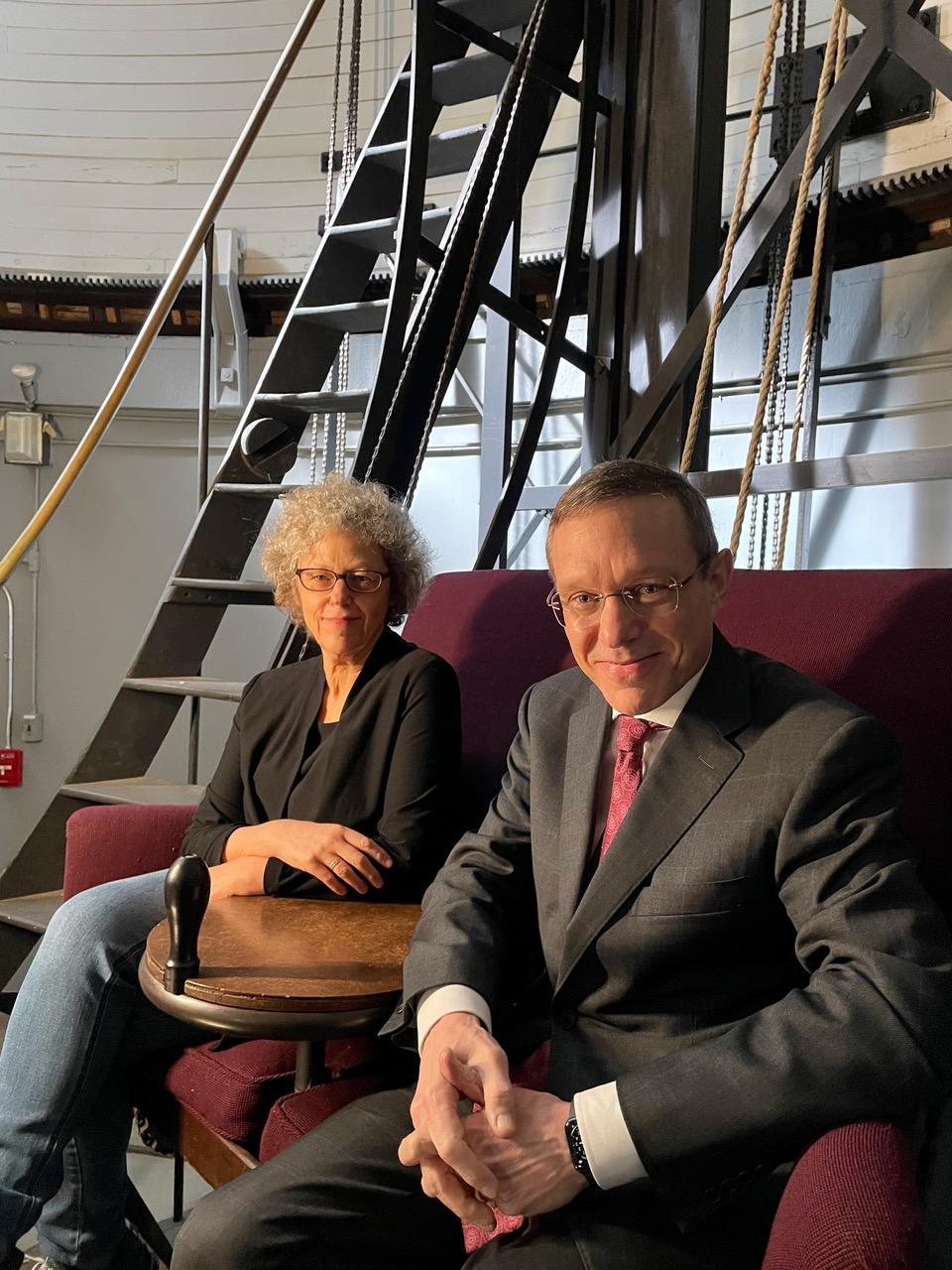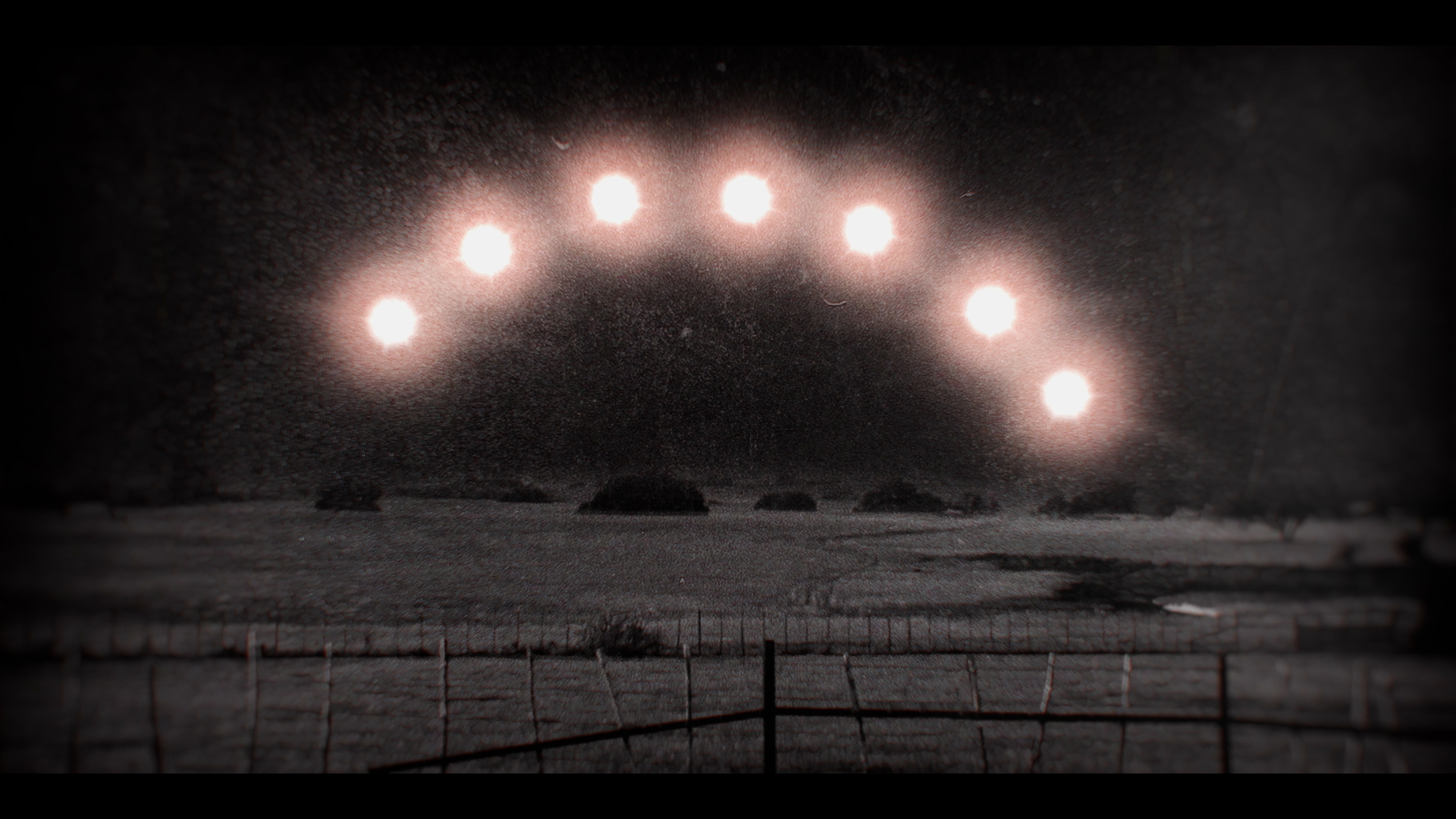
New UFO docuseries seeks to shed light on flying saucer folklore
A new National Geographic docuseries delves into the modern UFO phenomenon.

There is a rich heritage of flying saucer folklore, stories about alien interlopers from afar and reports of recovered vehicles and occupants.
Some people also believe that there have been, and are now, governmental cover-ups about UFOs. In turn, that conviction can spark calls for "full disclosure," a request to confirm that our planet has been visited by starfolk cruising through the universe.
Fast-forward to today, and take into account new governmental and public group investigations into what are now termed unidentified aerial phenomena, or UAP.
The outcome of all this effort is tough to foretell. Maybe 2023 is a turnaround year in assessing UAP and UFOs, shattering the stigma surrounding the topic. Or will the current mood shift, putting such studies onto the fringes again?
Whatever the answer, it's clear that just wearing night goggles won't cut it.
Related: Unidentified aerial annoyance: Full disclosure or dubious UFO nonsense?
New docuseries
Leslie Kean is a veteran investigative reporter who has spent decades deep-diving into reports of unidentified flying objects. Her blockbuster, co-authored story published by The New York Times in December 2017 was front-page news. It focused on sightings of UFOs, which the U.S. military has recently rebranded as UAPs, and the government programs to investigate them.
Get the Space.com Newsletter
Breaking space news, the latest updates on rocket launches, skywatching events and more!
Kean thinks this year into 2024 should be a heady time for UFO/UAP revelations. And that belief comes across in "UFOs: Investigating the Unknown," a new docuseries led by Kean. It premieres on the National Geographic TV channel on Monday (Feb. 13), with episodes dropping weekly thereafter.
"At long last, it looks like the truth about UFOs may finally be revealed," National Geographic said about the show.

The whole picture
"This series will provide a credible look at government's relationship to UFOs and provide a context for the millions of people who are not yet informed," Kean told Space.com.
She said that the series deals with facts, not claims.
"This series is needed now because so much has changed since 2017," Kean added, stressing that the public doesn't know about the "whole picture."
"We explore the history going back to the 1940s and explore some of the more exciting unexplained UFO cases. If anyone still doubts whether UFOs are real, watch this series! We include interviews with former and current government officials, scientists, Navy pilots, journalists, historians, civilian investigators and civilian witnesses," Kean said.

Series of episodes
"UFOs: Investigating the Unknown" consists of a series of episodes:
- Episode One — "Secret Pentagon UFO Program" spotlights the behind-the-scenes work that led to the 2017 New York Times story and challenges what we thought we knew about UFOs. The episode goes behind the scenes with stories from the Navy pilots who saw mysterious objects apparently tracking their fighter jets.
- Episode Two — "Giant UFO in Texas" revisits the mass sighting of the Stephenville, Texas, case with new interviews and perspectives. It examines why the once-serious government investigative effort transitioned to a PR campaign to debunk the phenomenon as nonsense, despite evidence to the contrary.
- Episode Three — "Close Encounters at Nuclear Bases" explores the challenging UFO taboo left in the wake of the U.S. government formally ending its UFO-investigation program and examines a years-long mass sighting known as the "Hudson Valley Wave."
- Episode Four — "Citizens Take Charge" looks at a range of citizens who took charge to make sense of continued UFO encounters, including dedicated field investigators, sighting repositories, obsessive conspiracy theorists and former government officials who have risked their reputations to speak out in favor of renewed government involvement.
- Episode Five — "Government Breaks Silence" examines the 2015 Navy pilot reports of strange encounters, the 2022 Congressional hearing following the latest developments around the historic 2021 intelligence report, and considers whether we are entering a new era of transparency and discovery about this mysterious phenomenon.

Suppressed information?
"The series covers the denial and sometimes false statements issued by government agencies over the years to hide the truth about UFOs," Kean says. "Information has been suppressed, and the series provides documentation of that fact."
In Kean's view, there is still much information being withheld. "Some of that is classified and must remain so for national security protections … but not all of it."
What are these objects? Where do they come from, and why are they here?
"Those who have witnessed the objects firsthand still grapple with these still-unanswered questions," Kean said. "The stories themselves are intrinsically fascinating, but they also open us up to a deeper perspective on our place in the universe."
"UFOs: Investigating the Unknown" premieres on National Geographic on Monday (Feb. 13) at 9:00 p.m. EST and will stream on Hulu the following day.
Follow us @Spacedotcom, or on Facebook and Instagram.
Join our Space Forums to keep talking space on the latest missions, night sky and more! And if you have a news tip, correction or comment, let us know at: community@space.com.

Leonard David is an award-winning space journalist who has been reporting on space activities for more than 50 years. Currently writing as Space.com's Space Insider Columnist among his other projects, Leonard has authored numerous books on space exploration, Mars missions and more, with his latest being "Moon Rush: The New Space Race" published in 2019 by National Geographic. He also wrote "Mars: Our Future on the Red Planet" released in 2016 by National Geographic. Leonard has served as a correspondent for SpaceNews, Scientific American and Aerospace America for the AIAA. He has received many awards, including the first Ordway Award for Sustained Excellence in Spaceflight History in 2015 at the AAS Wernher von Braun Memorial Symposium. You can find out Leonard's latest project at his website and on Twitter.









